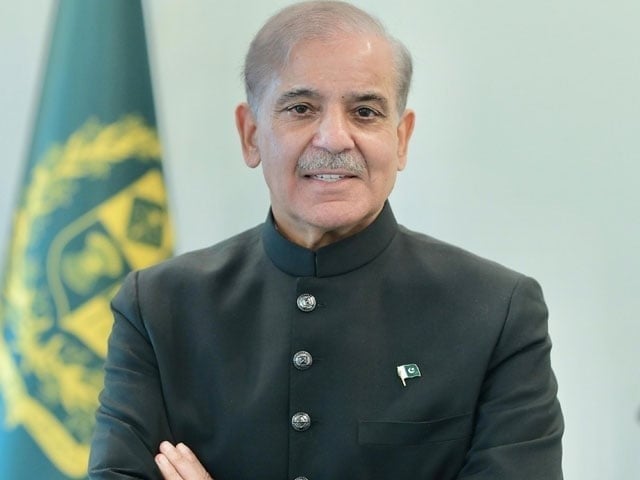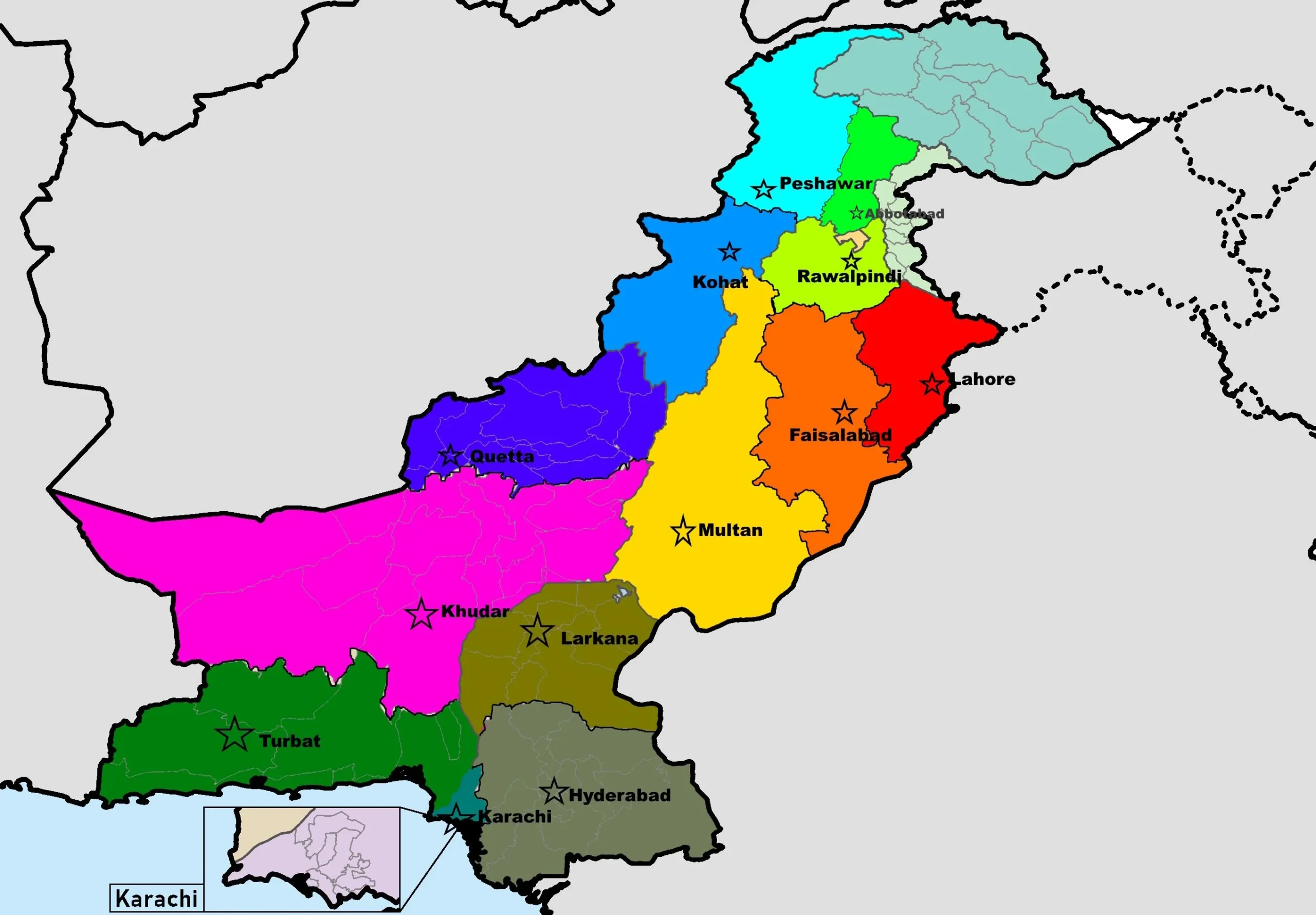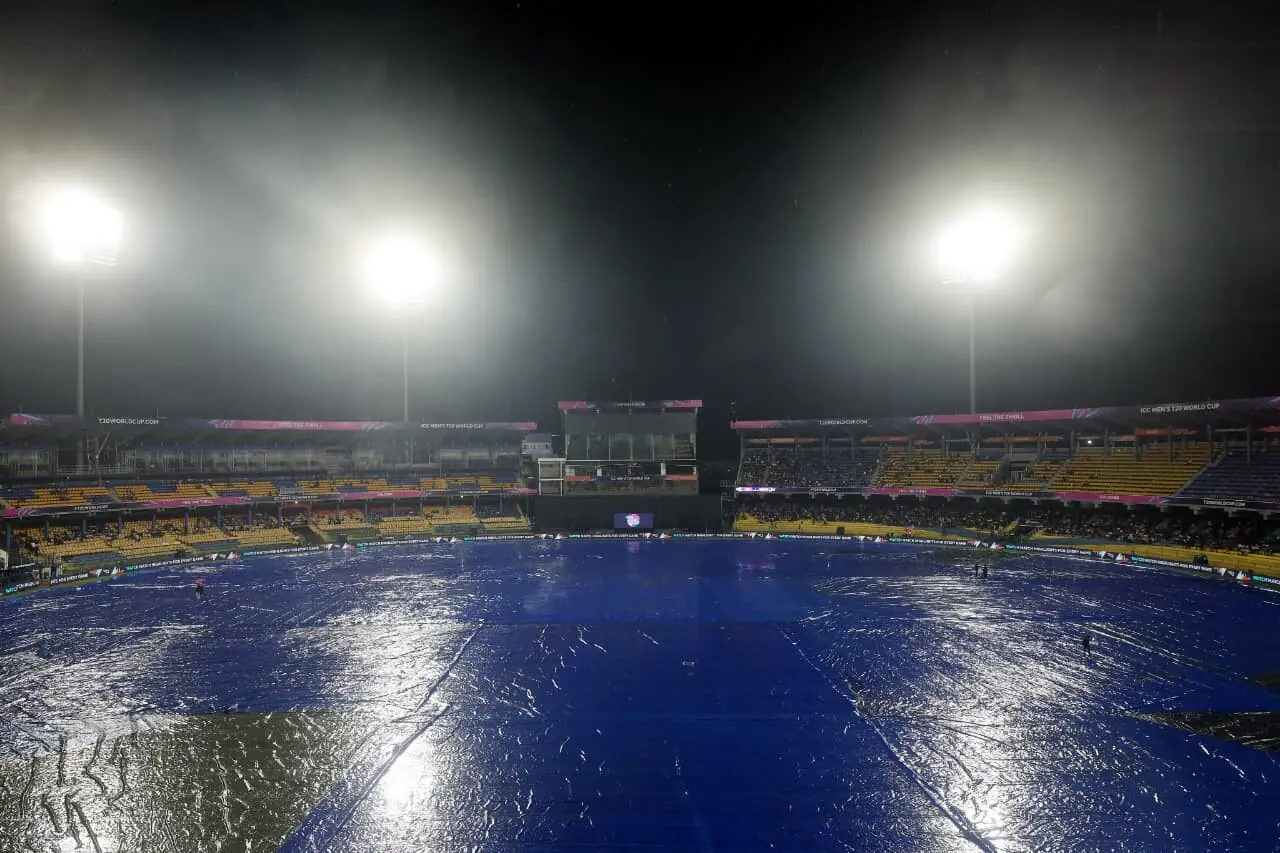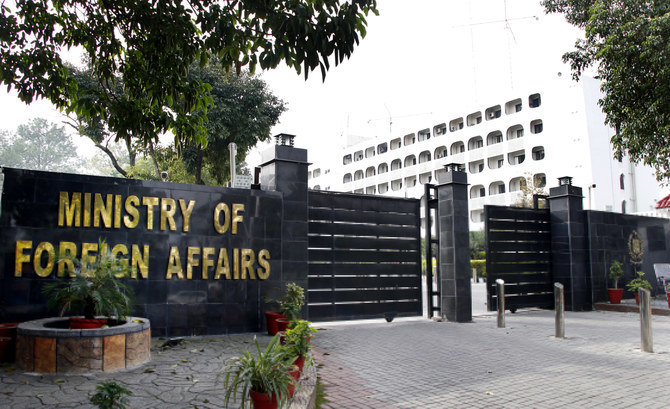NATO’s foreign ministers are convening to deliberate on establishing a long-term military support structure for Ukraine, which includes a significant proposal for a five-year fund amounting to 100 billion euros. This initiative is perceived as a strategic measure to ensure the continuity of aid to Kyiv, irrespective of potential shifts in U.S. political leadership.
The strategy, spearheaded by NATO Secretary General Jens Stoltenberg, aims to enhance NATO’s involvement in the distribution of military resources to Ukraine amidst the ongoing conflict with Russia. The discussions are set to occur during a pivotal meeting in Brussels, coinciding with NATO’s 75th anniversary and serving as a prelude to an upcoming summit in Washington.
The gathering is anticipated to shed light on the extent of commitment from Ukraine’s European partners, especially considering the current impasse of a substantial $60 billion military aid package for Ukraine in the U.S. Congress.
The proposed plan suggests a transition of coordination responsibilities from the U.S.-led Ramstein group to NATO, a strategic move to mitigate the risk of reduced U.S. support in the event of a political turnover, such as the potential re-election of Donald Trump.
Historically, NATO has concentrated on providing non-lethal support to Ukraine, cautious of provoking further tensions with Russia. However, there is a growing consensus within NATO that it is time to establish a more enduring framework for military aid, with NATO positioned as the optimal entity for this role.
Despite Russian President Vladimir Putin’s warnings that certain actions by NATO allies could be seen as provocative, such as the supply of tanks and advanced weaponry, these have not resulted in direct retaliation.
U.S. Secretary of State Antony Blinken, who will be present at the Brussels meeting, has indicated that NATO is exploring options that could facilitate Ukraine’s eventual membership in the alliance, despite current barriers due to the conflict with Russia.
While NATO has refrained from commenting extensively on Stoltenberg’s proposals, an official stated that the ministers would focus on strategizing NATO’s support for Ukraine to ensure it is robust, consistent, and sustainable. However, no definitive decisions are expected until the ministerial meetings in April, with further discussions leading up to the July summit in Washington.
At this juncture, the discussions regarding the proposal are in preliminary stages, and there is uncertainty surrounding the acceptance of the 100 billion euro figure and its financing. NATO’s decision-making process necessitates a consensus among its 32 members.
The meeting also coincides with NATO’s search for a successor to Stoltenberg. Dutch Prime Minister Mark Rutte has garnered substantial support for the position, facing opposition from Hungary and a recent candidacy from Romanian President Klaus Iohannis. Although a decision was anticipated during the Brussels meeting, it appears more time will be required, with confidence remaining high for Rutte’s eventual appointment.
















